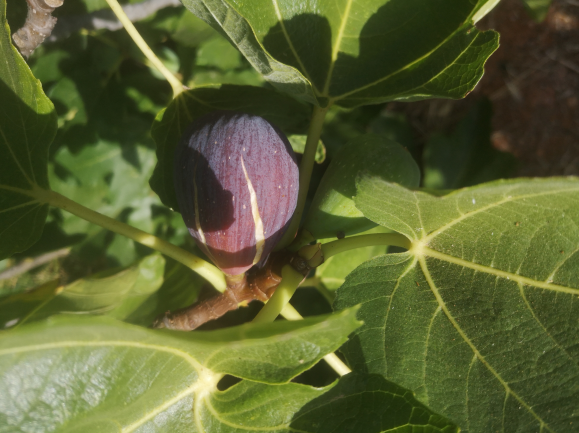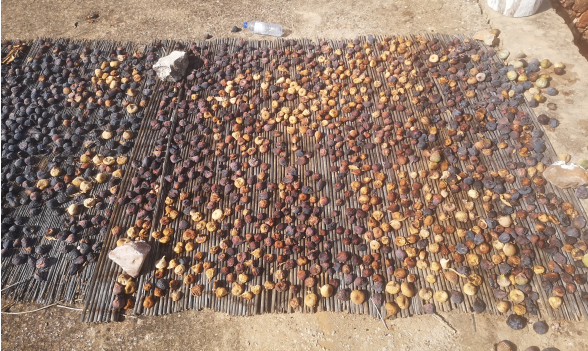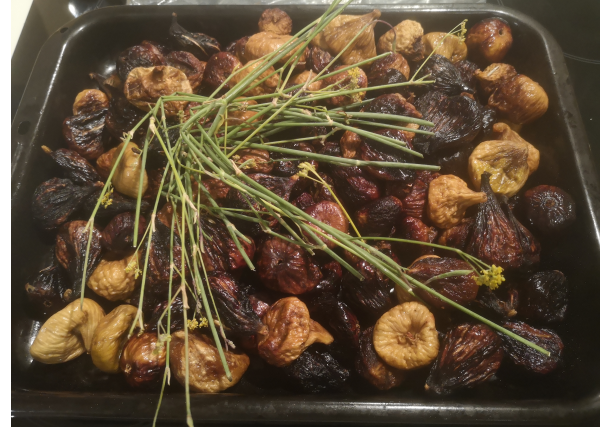I havent finished this book yet. It was something recommend from another book or autoher I follow so I bought it and started reading it. But after watching a video from one of the few authors I follow, I realized that I dont have to finish it.
The subject is interesting, but I didnt have any background about the book and I didnt expect much Antisemitism content although after reading about the author, it made sense. It is a 600+ pages book and after several chapters I realized that there were many concepts repeating. I had the feeling that most of what I was reading could be summarized in a few pages. And I struggled going through the book. I found interesting details though but I think it shouldnt be that difficult.
I have completed two out of three parts and I will get back to it step by step.
The book is divided in three parts: Antisemitism, Imperialism and Totalitarianism.
The first part was a bit more interesting for me as there were many historical facts regarding the Jew people spread around the word, culture, habits, etc. As well, about social facts in countries/emperies like Prusia, Austria-Hungary, etc. It was interested about the banking/financial influence of Jew families in several countries and for several centuries like Rothschild. And how this financial dependency on Jew families was lost. A point that is repeated many times, is the lack of integration of Jew people in the each society and the different conspiracy theories about them ruling the world… (you dont need Covid for creating conspiracies).
One figure that is highlighted is Benjamin Disraeli who was UK Prime Minister, Jewish born (although not follower) and claimed the empire for Queen Victoria.
Then in France, the Dreyfus affair, it is showed as another example of the complexity of the integration of Jew people in the societies and one of the main antisemitism acts in the early century that had the French society divided.
The second part is a focused in the next “evolution” of European societies to the Imperialism, mainly in Africa. And how the “winners” and “losers” took their role. France, UK, Belgium and Italy took most of Africa. For example, Germany had nothing… There are many interesting details about the Boer society in South Africa, how it started, how it evolved and how it ended in a war. The book says that Boer emigrants took the social structure of the local tribes and the attempt of control from the British Empire and the creation of society like in Europe was a total clash for them.
As well, in this part, there are many comments about the Nation vs State struggle. Something like the the imperialism raised the concept of Nation and defeated the state. I dont think I understanded properly. As well, there is an important point about the immigration and how was a source of problems for lack of acceptance, lack of integration, etc. So again, nothing new that we dont see nowawayds. We have learned nothing
Another point is the pan-european movements. Something like the pan-Slav (Russia) and pro-Germany movements that it seems it was one of the striking points for Far-Right regimes in Europe and the raise of Communism. And something I didnt know about the Balkans: Congress of Berlin
I have the feeling that I am missing out many details as the book is quite dense.


